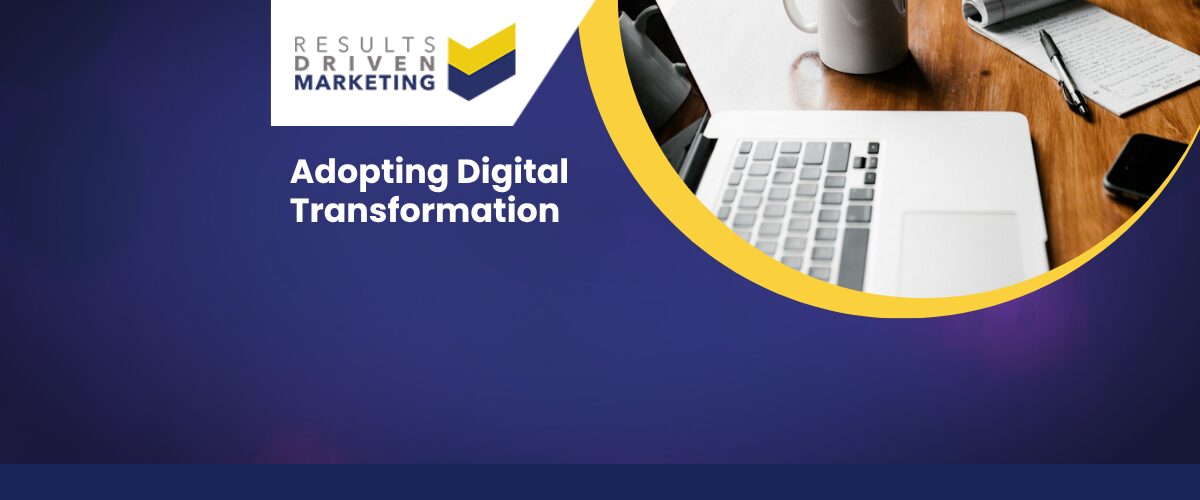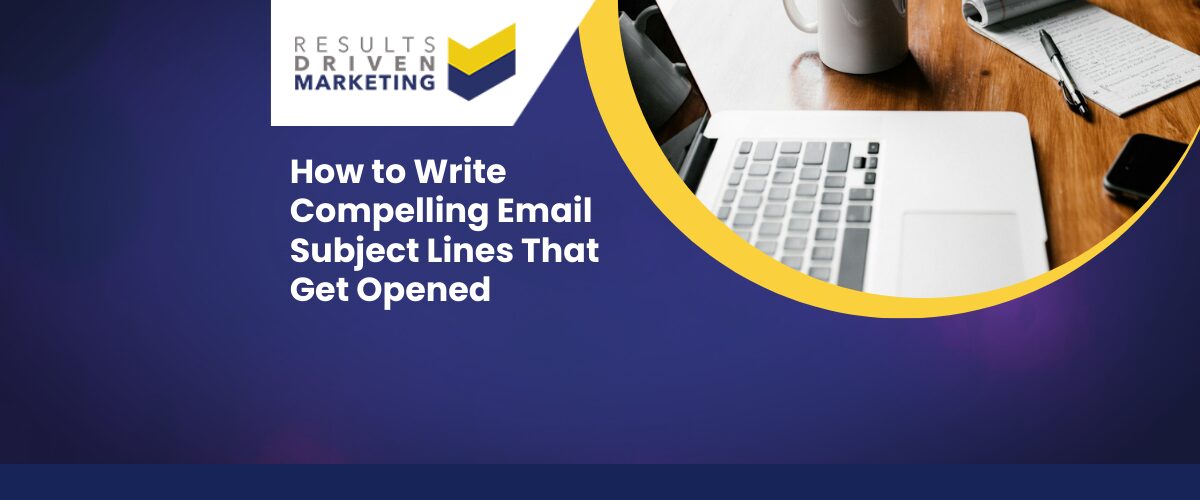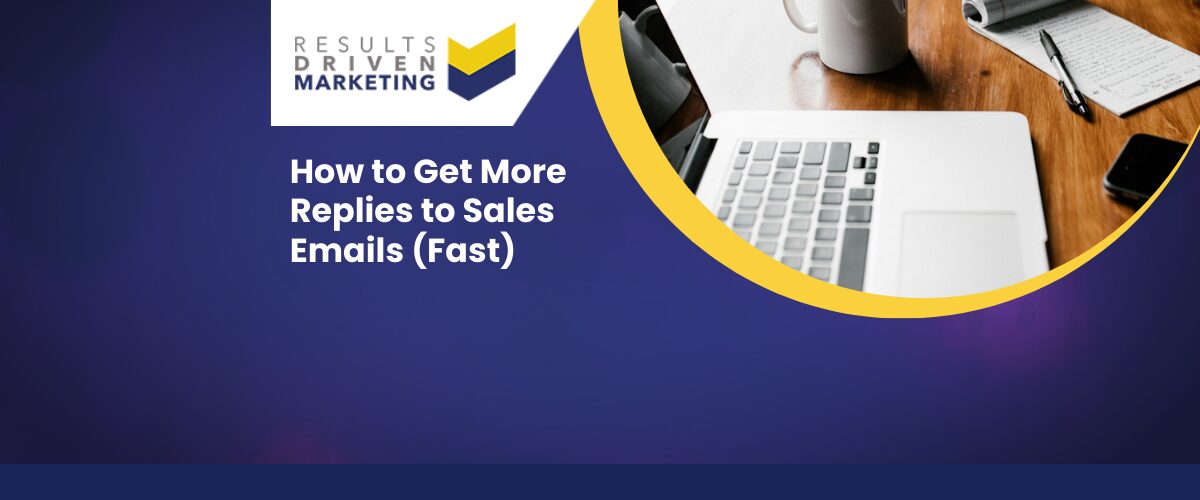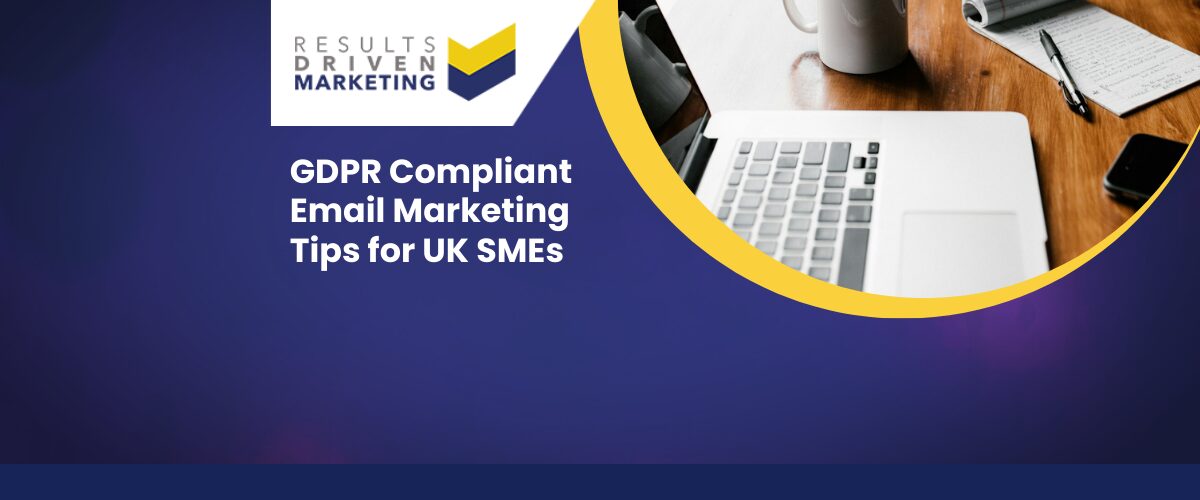
Where Does B2B Data Come From
Where does B2B data come from? It’s a question more businesses should be asking — especially if you’re using purchased data to drive your sales or marketing campaigns. Without knowing the source, you’re essentially flying blind. And let’s be honest: bad data isn’t just annoying, it’s expensive. It wastes time, damages your sender reputation, and hurts results.
Too often, SME decision-makers are sold a dream — lists that promise everything and deliver very little. Outdated records, wrong contacts, and no idea where the data actually came from. It doesn’t have to be that way.
In this guide, we’ll show you exactly where B2B data comes from, how reliable providers gather it, and what separates a good list from a useless one. We’ll also share what to look out for when buying data, so you can make smarter decisions and get better results from your outreach. No fluff — just facts, clarity, and practical advice.
Table of contents:
Why Understanding Data Sources Matters
When you’re buying B2B data, knowing where the data comes from isn’t a nice-to-have — it’s essential. Too many businesses get burned by generic, low-quality lists that seem like a bargain but end up costing more in wasted time, failed campaigns, and compliance headaches.
Here’s why it matters:
-
Bad data wastes budget: If 30% of your list is inaccurate, that’s 30% of your campaign dead on arrival.
-
Your reputation is on the line: Reaching the wrong people (or the same people too often) damages trust and can lead to complaints.
-
Compliance is non-negotiable: Using data from unverified or non-compliant sources can expose you to GDPR or CTPS risks — even if you didn’t collect it yourself.
The bottom line? All B2B data is not created equal. The source directly impacts quality, relevance, and legal safety — three things no SME can afford to ignore.
The Main Sources of B2B Data
Understanding where B2B data comes from helps you judge how accurate, up-to-date, and compliant a list is — before you spend a penny. Here are the main types of sources used by legitimate data providers (and a few that should raise red flags):
Public Records and Registries
-
Companies House: The UK’s central source of business information — every limited company has to file here. A solid foundation for names, addresses, directors, and company status.
-
HMRC and Other Government Data: Tax and VAT records can offer insights (though often aggregated or anonymised).
-
Open Data Sources: Business directories, public sector contract listings, or local authority records that are GDPR-compliant.
These are trusted, legally accessible — but usually basic. They’re often just a starting point.
Commercial Data Providers
-
Aggregators (like 118 Info, CorpData, Thomson): These providers compile data from multiple sources — public and private — and apply their own verification and formatting processes.
-
Licence-Based Data: Some providers legally purchase or licence data from business networks, trade organisations, or industry publications.
-
What to Look For: Providers that clearly state their sources, update frequencies, and how they ensure compliance.
This is where most high-quality B2B data comes from — assuming the provider is reputable and maintains their database properly.
Web and Directory Scraping (and Why It’s Risky)
-
Scraped from websites or LinkedIn: Some sellers claim they’ve “gathered” data themselves — often using scraping tools to extract info from public sites.
-
Issues:
-
Often outdated or inaccurate (people change jobs, businesses close).
-
Raises serious GDPR red flags if there’s no clear legal basis for use.
-
Lacks permission and context — making campaigns feel spammy or intrusive.
-
If a supplier can’t clearly explain where their data comes from, chances are it’s scraped. That’s a gamble not worth taking.
How Good Data is Compiled and Maintained
It’s one thing to know where B2B data comes from — it’s another to understand how it’s cleaned, updated, and kept campaign-ready. The difference between a list that delivers results and one that flops often comes down to how it’s maintained.
Multi-source Aggregation
-
Combining multiple data feeds: Quality providers don’t rely on one source — they cross-reference public records, licensed databases, and commercial feeds.
-
Why this matters: It helps fill gaps, flag inconsistencies, and provide a more complete view of each business and contact.
Regular Updates and Cleaning
-
Business data decays fast: Companies move, contacts change roles, phone numbers get redirected.
-
The best providers update monthly: At Results Driven Marketing, for example, over 700,000 records are refreshed every month.
-
Cleaning checks: This includes checking for duplicates, confirming company status, and removing dead records.
Compliance Considerations
-
GDPR compliance: All data must be collected and processed with a legitimate interest basis — and suppliers should be able to explain how that’s covered.
-
CTPS checking: If you’re doing telemarketing, every number needs to be screened against the Corporate Telephone Preference Service to avoid fines.
-
Supplier responsibility: A reputable provider should make compliance part of their process — not leave it all up to you.
Accurate data doesn’t happen by accident. It takes ongoing work, solid systems, and a commitment to doing things properly — not just scraping a site and calling it a day.
What Separates High-Quality Lists from the Rest
Not all B2B data lists are created equal. Two lists might look similar on the surface — same number of records, same filters — but one will outperform the other every time. Here’s what makes the difference:
Depth of Targeting Options
-
More than just SIC codes: You should be able to target by job role, turnover, location, company size, and more.
-
Decision-maker accuracy: The best lists focus on named contacts with relevant titles — not just generic info@ emails.
Accuracy Guarantees and Replacement Policies
-
Quality benchmarks matter: At Results Driven Marketing, we guarantee 98% postal, 95% phone, and 95% email accuracy.
-
What happens if data fails? Reliable suppliers will replace anything that doesn’t meet agreed accuracy levels — no arguments.
Speed and Support
-
Fast turnaround: If it takes a week to get your data, your campaign’s already lost momentum. We deliver within 24 hours.
-
Real support: A good provider helps you shape the brief, refine your targeting, and stay compliant — not just send a spreadsheet and vanish.
The difference between a good and bad data supplier isn’t just the database — it’s the process, the accuracy, and the support you get along the way.
Why Choose Results Driven Marketing
When it comes to B2B data, we don’t just supply lists — we help you build better campaigns from the start. Here’s why UK SMEs trust Results Driven Marketing as their go-to provider:
-
Unmatched Data Quality
Our database is refreshed with over 700,000 updates every month and run through a 40-point quality check — ensuring your data is accurate, compliant, and ready to use. -
Tailored Targeting That Delivers
Whether you want managing directors in engineering firms or marketing leads in London-based tech startups, we’ll build a list to match your exact needs. -
Fast, Secure Delivery
You get your data in Excel or CSV within 24 hours, password-protected for security — no delays, no excuses. -
GDPR and CTPS Compliance Built-In
We make compliance simple, with CTPS screening and a clear, legitimate interest basis for all data we supply. -
Real Support from a UK-Based Team
No chatbots, no call centres — just experienced marketers who’ll work with you to get results. -
Straight-Talking, No-Nonsense Advice
We won’t upsell you or hide behind jargon. If we think a smaller, more focused list will work better, we’ll tell you — even if it means a smaller sale.
This isn’t about data for the sake of it. It’s about helping you connect with the right people — and turn that into new business.
What to Ask When Buying B2B Data
Before you commit to any data purchase, it’s worth asking a few key questions. A quality supplier won’t mind — in fact, they’ll welcome it. Here’s what to ask (and what to listen for):
1. Where does the data come from?
You’re looking for a clear, transparent answer — not vague claims or techy jargon. Reputable suppliers will name their sources and explain how the data is compiled.
2. How often is the data updated?
Ideally, updates should happen monthly or quarterly. Be cautious if the supplier can’t give a clear update schedule — old data is worse than no data.
3. Can I target specific roles, sectors, and locations?
If the answer is “yes, but only by SIC code,” you’re being short-changed. Good providers offer flexible segmentation by decision-maker type, turnover, region, and more.
4. What accuracy levels do you guarantee?
Look for at least 95% email/phone accuracy, with replacements offered for anything that falls short. No guarantee = no accountability.
5. How is the data delivered and secured?
You should receive a password-protected file via email or secure link. Avoid suppliers who send unprotected data or offer vague delivery timelines.
6. Is the data compliant with GDPR and CTPS?
A must. If they dodge the question, walk away. Ask specifically about CTPS screening for phone records and how they establish legitimate interest.
These questions don’t just help you buy better — they filter out the cowboys and save you from wasting time, money, and credibility.
Summary: Smarter Data = Stronger Campaigns
So, where does B2B data come from? The answer can vary — but the difference in quality, compliance, and campaign results is massive.
Let’s recap:
-
Top sources include public registries, licensed commercial databases, and properly maintained aggregators.
-
Bad data often comes from scraping or lazy reselling — and that’s where the problems start.
-
Great data is regularly updated, accurately targeted, and fully compliant with GDPR and CTPS rules.
-
Asking the right questions before you buy saves you hassle, cost, and poor results down the line.
If your business depends on reaching the right decision-makers, then the quality of your data is everything. Don’t let poor lists sabotage strong campaigns.
Next step? If you’re ready to improve your targeting, buy email lists tailored to your needs — or contact us for free advice.
Results Driven Marketing
Providing premium B2B data and honest advice to help UK businesses grow through smarter outreach.
📍 Newcastle | 📞 0191 406 6399 | 🌐 rdmarketing.co.uk





